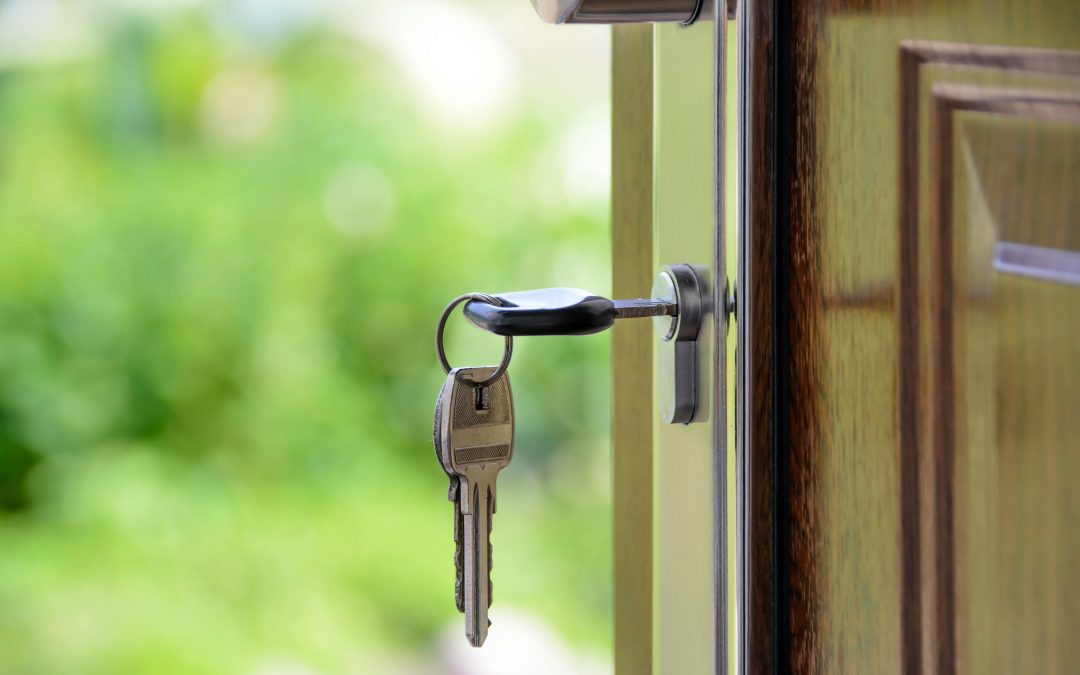If you are considering divorce, or are going through a divorce, we understand that this can be an exceptionally challenging time, especially when you have to consider what will happen to the family home when you are legally divorced. Trying to reach an agreement in relation to what is considered one of the most valuable assets of a marriage, can seem daunting and discouraging however, our experts discuss below what happens to the house in the event of divorce.
What happens to the house when you get divorced?
The starting point when it comes to the division of assets is on a 50/50 basis, this however can be departed from in order to achieve a fair outcome for both parties to the marriage.
In accordance to Section 25 of the Matrimonial Causes Act 1973, this sets out factors the court must consider and have regard to the following:-
- Income and earning capacity
- Financial resources you have or you could potentially have in the future
- Needs and ages of each party
- Duration of the marriage
- Any physical or mental disabilities
- Contributions made by both parties
- Conduct (serious) of each of the parties
- The loss of any benefit attributable to the breakdown of the marriage
When there are children of the marriage, they will be the Court’s first consideration when determining an overall settlement of the parties.
Who has the right to stay in the house in a divorce?
As a married couple, you both retain the right to live in the property by the virtue of marriage and this still remains the position of both parties throughout the divorce process until a financial settlement is reached between parties.
The way in which the case is dealt with solely relies upon the individual circumstances of the case. There are many factors which impact how the former matrimonial home is dealt with in a divorce.
However, the most common options that can be considered include:-
- Selling the matrimonial home and splitting the equity between the parties (this is not necessarily a 50-50 split)
- One party can remain in the matrimonial home and buy out the other party’s interest;
- A partner remains in the matrimonial home under specific conditions, with triggering events which will then enforce a sale.
The options that are available depend on each individual circumstances of the case, if you are unsure, speak with a divorce specialist solicitor.
What are my rights if my name is not on the deeds and I’m getting divorced?
Most married couples who own a house will typically have both their names on the title deeds, known as ‘registered title’. However, this is not always the case as there are cases whereby only one of the spouses is registered on the property.
This should not become a cause for concern for the unregistered spouse.
If you are not on the deeds and are in the process of getting a divorce, you should seek legal advice on the options available to protect your rights against the property.
A Matrimonial Home Rights is a legal document stating your legal rights to live in the home whether you are the owner of the matrimonial home or not.
Contact us
If you are unsure as to your position, or if you require further legal advice, please get in touch with one of our solicitors for your initial consultation.

